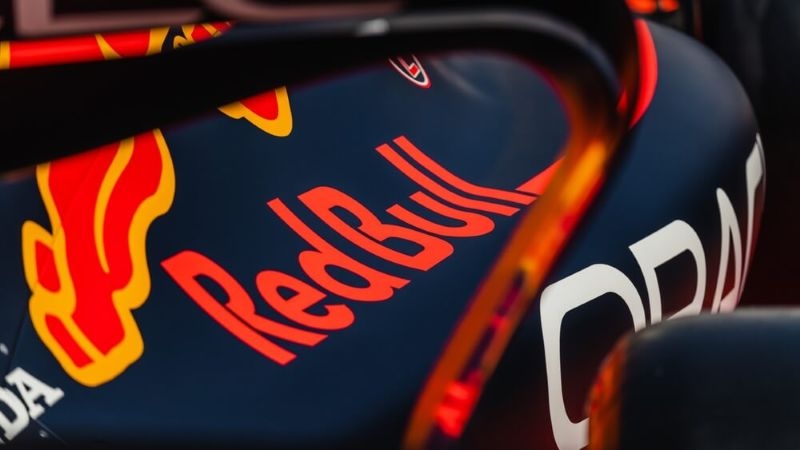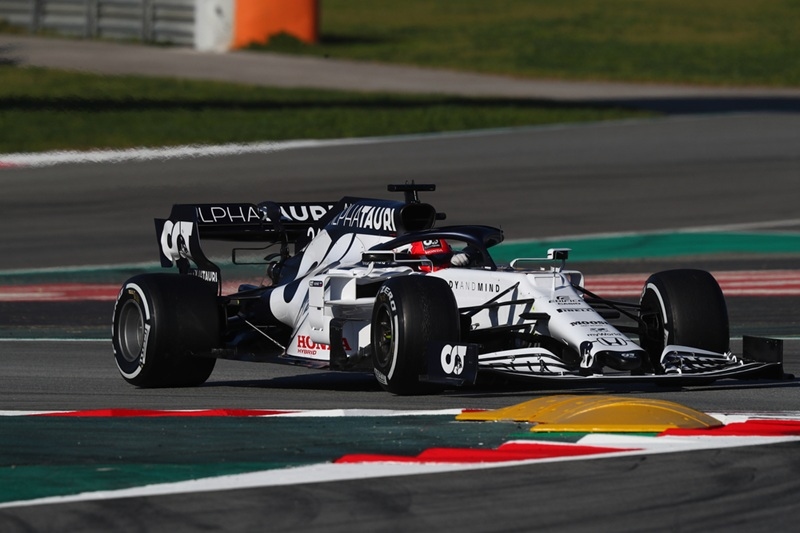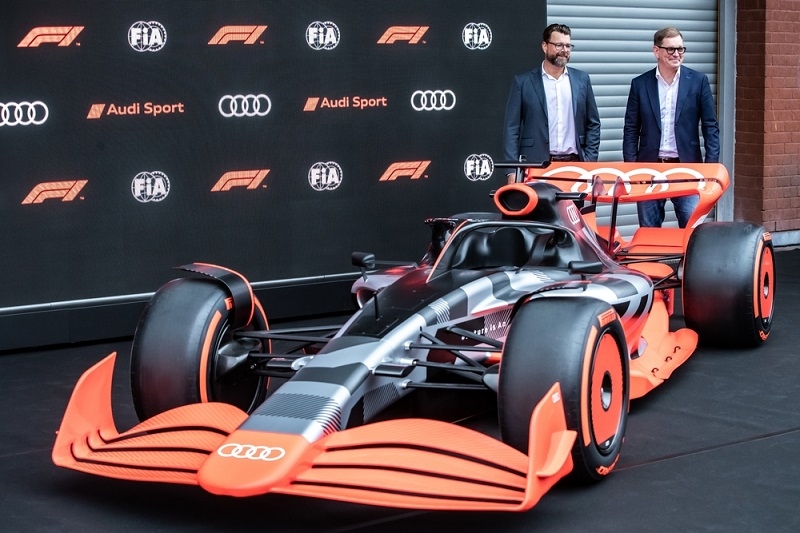What Kind of Fuel Is Used in Formula 1 Cars Right Now?

Image Source: YouTube
Formula One cars definitely burn through a lot of fuel. Just like in aviation, motorsport has caught heat for its fuel consumption over the years. But, like aviation, it's also seen a lot of innovation. The type of fuel and how much is used has changed over time. Formula One has something called an ERS, or Energy Recovery System. This hybrid tech helps make F1 cars more fuel-efficient now. F1 cars basically run on petrol, but its not the same stuff you put in your regular car. They're always coming up with new blends to boost power, performance, and efficiency, especially given how fast these cars go.
F1's Sustainability Movement
It's a big deal worldwide and F1 is on it. Motorsport and aviation are evolving, so it's a bit lazy to feel guilty about enjoying them. F1 aims to be carbon neutral by 2030. Before that, 2026 is the year when new rules will kick in to make F1 engines and fuels more sustainable. Ford and Audi are jumping into F1 partly because of these new fuel regulations and sustainability goals. They don't think being part of F1 will hurt their global image anymore. Other car makers might join too. Can you imagine a Kia F1 car? It's not that far-fetched. The 2026 rule changes are all about making F1 more sustainable, especially with the world so focused on climate change. Here's what they're looking to do:
- Engines will be cheaper to make. There'll be a cost cap on engines, so manufacturers will need to come up with new ways to power F1 cars. Use less fuel. By 2026, they want each car to use only 70kg of fuel per race, down from the 100kg used now.
- No new carbon from fossil fuels will be released into the atmosphere.
- Triple the electric power. Current engines make 120kW of energy from electrical components. By 2026, that's going up to 350kW.
Sustainable Fuel Materials

Image Source: F1
Seems like a mix of alcohol and other complex ingredients could be the fuel of the future. Manufacturers might be the ones making it. Ethanol is on the list and it's pretty cheap. About 20% of future fuel will be some oxygen-based stuff like ethanol. F1 teams need to figure out where they'll get their carbon from. They already know it can come from algae and waste, which is super innovative. So, we might see F1 cars running on waste, algae, and alcohol soon. Whatever happens, it'll be really interesting to see if they can hit their targets.
Science Behind F1 Fuel
F1 engines run on petrol, and the petrol they use is pretty similar to what you'd use in your car, just tweaked to meet the sport's regs. Teams need to find fuel that's made from compounds found in regular commercial fuel, and there are strict rules about impurities. Within those rules, they try to make the fuel more efficient and powerful. Fuels come in different grades and need to match new engine upgrades. Most people don't know that without needing to get that extra 100th of a second, F1 cars could run on regular petrol from a gas station. F1 just tweaks everything to meet their high demands. Think of it like this: you drive up to a gas station and the few fuel options there can power any road vehicle. F1 teams, though, have to create fuel for a very specific type of engine. The big challenge now is how they adapt to a greener, ever-changing future.
You May Also Like: Unveiling the Significance of Pole Position in Formula 1 Racing
Measuring F1 Fuel

Image Source: Race Car Engineering
When we talk about fuel in regular cars, we usually mention liters or gallons. In F1, fuel is measured and priced in liters when delivered. This makes it easier to keep track of value and avoids the hassle of accounting for volume changes due to temperature variations. But in F1, fuel is basically measured in kilos, not liters. Cooler fuel is denser, and warmer fuel is less dense. So, on race weekends, it's all about weight, not liters. The heavier the car, the slower it goes. That's why F1 teams always talk about how many kilos of fuel they're putting in.
F1 Fuel Sacks or Bladders
When you hear F1 commentary, they still mention fuel tanks. We're just used to thinking of cars having fuel tanks. But actually, F1 cars have more of a fuel sack, sometimes called a bladder. These fuel sacks have to be placed in a specific spot within the car, and the tech behind it is pretty amazing. F1 cars are famous for their speed, aerodynamics, and cornering. A big old fuel tank like the ones in regular cars would mess that up. Fuel would just slosh around as the car turned, which isn't good for an F1 car. So, inside this tank, there are a series of baffles with one-way valves. This helps keep the fuel compartmentalized and the car stable.
Fuel Used by F1 Cars
So, back in 2014, Formula One brought in hybrid power units. The rules at that time said you could only use a max of 100kg of fuel from start to finish in a race. When they had V8 engines, they used about a third more fuel. The sport's getting greener overall, but tweaks to the cars have bumped up that usage number. They upped the limit to 105kg to account for heavier tires and extra safety gear, and then to 110kg after drivers gave their input. But, even with the 110kg limit, teams don't always use that much. A lot of weekends, they go with a short-fuel strategy, putting in just 5kg to 15kg to get quicker lap times and reduce tire wear. This all ties into their overall qualifying and pit-stop plans.
Similar Reads You May Enjoy: The Ultimate Beginners Guide to Formula 1 Tyres
Conclusion
Formula 1 has evolved significantly in its approach to fuel, prioritizing both performance and sustainability. Currently, F1 cars use a highly refined, high-octane racing fuel, which is a blend of traditional hydrocarbons and bio-components. This shift towards incorporating biofuels marks a significant step in Formula 1's commitment to reducing its carbon footprint and embracing more sustainable practices. The sport's governing body, the FIA, along with fuel suppliers, continues to innovate and develop fuels that meet the rigorous demands of high-speed racing while also aligning with global environmental goals. This includes a future roadmap towards using 100% sustainable fuels, reflecting F1's broader sustainability agenda.
This content was created by AI




